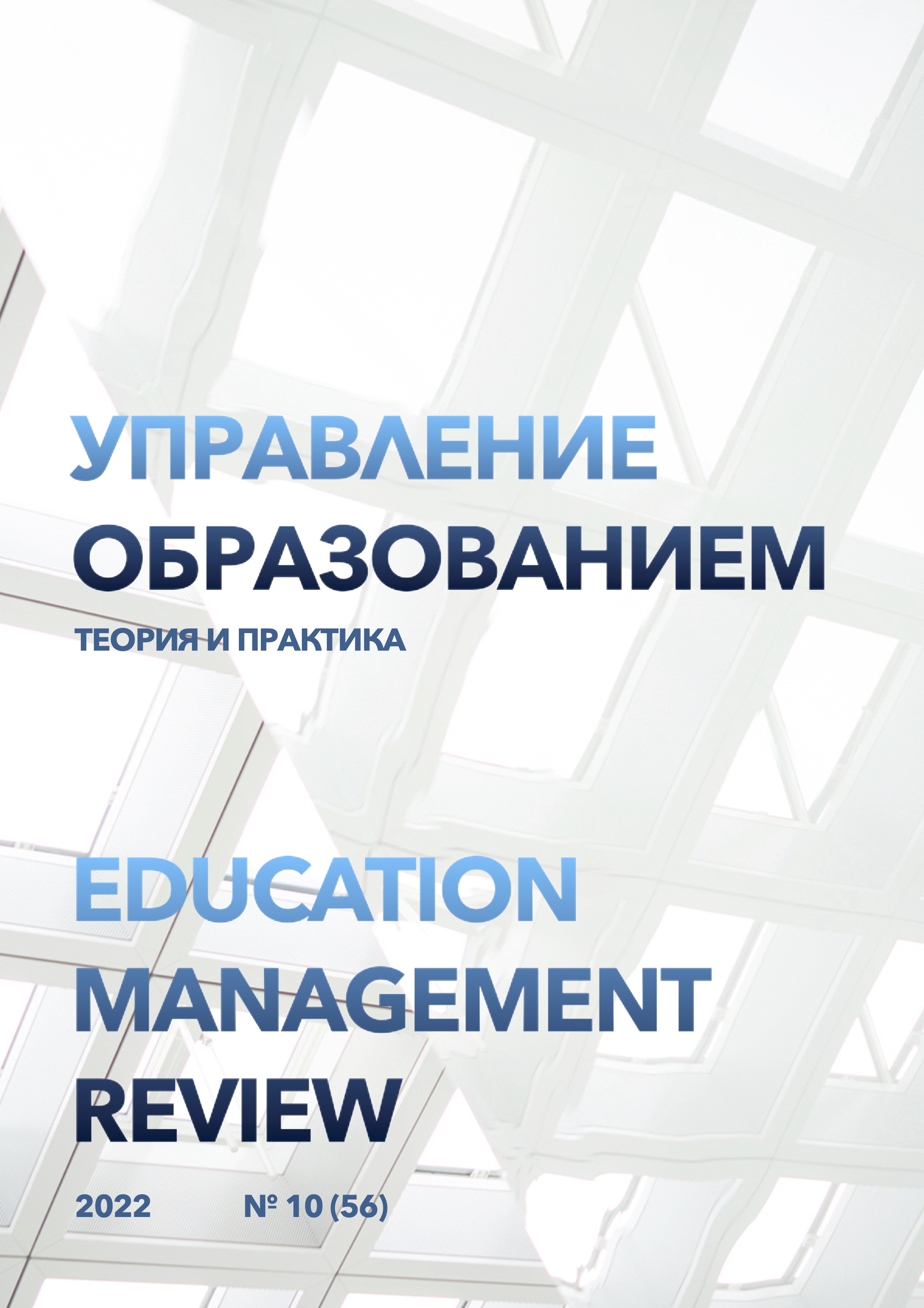The impact of the quality of education on the development of the graduate market
DOI:
https://doi.org/10.25726/l1512-5216-4209-wKeywords:
university management, economics, research, higher education institutionAbstract
The higher education system is an important element affecting the development of the economy and all sectors, the quality of life, the state of public administration, and the like. Graduates of higher educational institutions work in all sectors of the economy and directly affect the state of these industries. Therefore, an important prerequisite for the success of the country is a high-quality higher education system. The education system, including higher education, affects the professionalism of graduates of educational institutions and in certain cases may affect the moral qualities of graduates of educational institutions. Graduates of educational institutions, after graduating from an educational institution, go to work in healthcare, law enforcement agencies, courts, education, science, production of goods, provision of services, performance of works, public administration, construction and the like. Therefore, it is important for any country to form a high-quality education system, including higher education, without corruption, with an objective assessment of the knowledge of applicants for education, with comfortable learning conditions for students and comfortable working conditions for employees of educational institutions. It is important to purchase new modern equipment by institutions of higher education; expansion, modernization and updating of the material and technical base of institutions of higher education. Also important for institutions of higher education is the opening of convenient canteens, cafes with high-quality and varied meals in institutions of higher education; the development and creation of new sports complexes with various gyms; modern repairs of buildings with the creation of interesting designs; the establishment of special equipment for interactive lectures and classes; the creation in institutions of higher education at deaneries and at all departments where students could quickly and easily get the information they need at any time convenient for them; creation of high-quality libraries and the like.
References
Анохина Е.М., Косов Ю.В., Халин В.Г., Чернова Г.В. Системные риски управления при реализации государственной политики в области образования и науки: анализ проблемной ситуации, риски и их идентификация // Управленческое консультирование. 2016. № 10(94). С. 8-26.
Вандрикова О.В. Маркетинг образовательных услуг в системе высшего образования // Вестник Академии знаний. 2017. № 4. С. 65-70.
Васюнина М.Л. Финансовое обеспечение вузов: анализ проблем и направлений развития // Экономический анализ: теория и практика. 2018. Т. 17. №1. С. 116-130.
Власова И.А., Тронин С.А. Применение методических практик проведения учебных IPO в финансовых вузах // Управление образованием: теория и практика. 2022. № 1(47). С. 128-134. DOI 10.25726/w8786-9820-6508-k.
Габдрахманов Н.К. Концентрация студентов в системе высшего образования на карте Российской Федерации // Вестник Российского университета дружбы народов. Серия: Экономика. 2019. Т. 27. № 1. С. 7-17.
Габдрахманов Н.К., Никифорова Н.Ю., Лешуков О.В. «От волги до Енисея...»: образовательная миграция молодежи в РФ. М.: Изд. дом ВШЭ, 2019.
Глобальная конкурентоспособность ведущих университетов: модели и методы ее оценки и прогнозирования: монография / Е. М. Анохина, И. П. Бойко, Н. Б. Болдырева [и др.]; под общ. ред. В. Г. Халина. М.: Проспект, 2018. 544 с.
Демцура С.С., Рябчук П.Г., Гордеева Д.С. Ценовая политика государства и вузов на рынке образовательных услуг // Азимут научных исследований: экономика и управление. 2017. Т. 6. № 2. С. 84-88.
Добролюбова Е.И. и др. Цифровое будущее государственного управления по результатам. М.: Издательский дом «Дело» РАНХиГС, 2019. 114 с.
Коротковская, Е.В. Принципы управления финансовыми рисками в деятельности образовательных учреждений //Математическое и компьютерное моделирование в экономике, страховании и управлении рисками. 2019. №4. С. 158-162.
Печенкина А.Д., Сизова Д.О., Кучковская Н.В. Методическая эффективность разработки оценки результативности инвестиций в учебном процессе финансового вуза // Управление образованием: теория и практика. 2022. № 1(47). С. 108-113. DOI 10.25726/a7907-4540-5522-a.
Щедровицкий Г.П. Оргуправленческое мышление. Идеология, методология, технология. М.: Студия Артемия Лебедева, 2018. 464 с.
State of university–employer interaction models in Russia / V. V. Lvov, Z. V. Smirnova, E. I. Artemova [et al.] // Journal of Entrepreneurship Education. – 2019. – Vol. 22. – No 4. – P. 404. – EDN OWFJWF.




